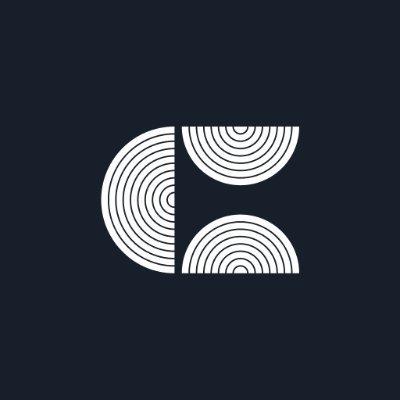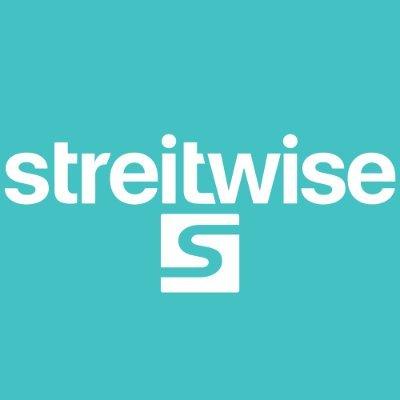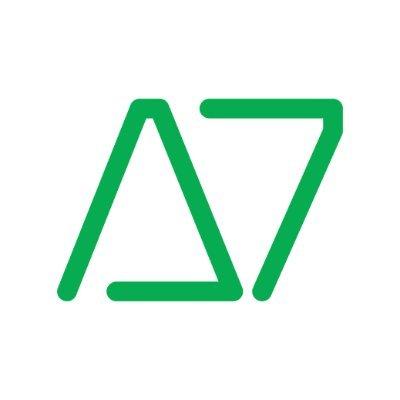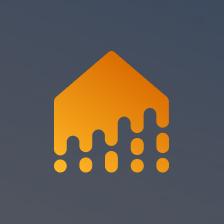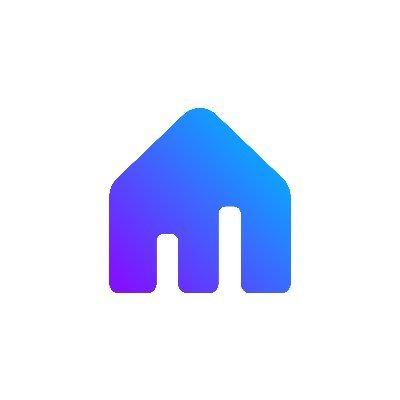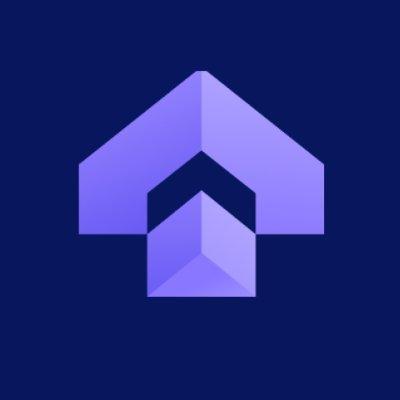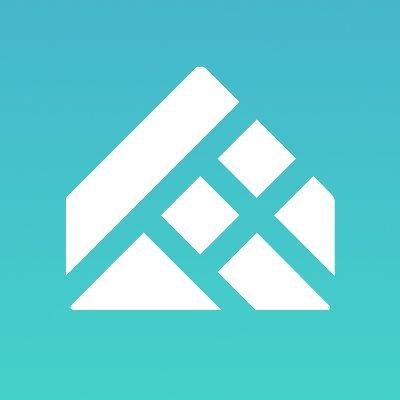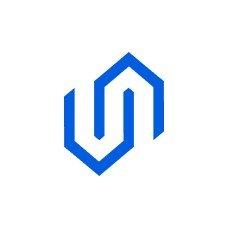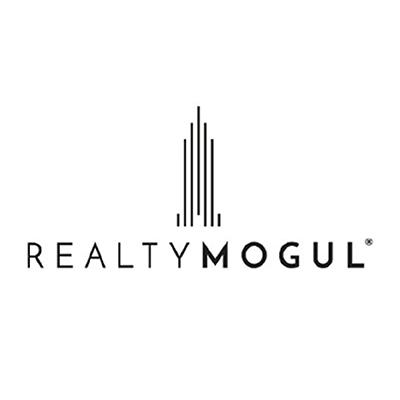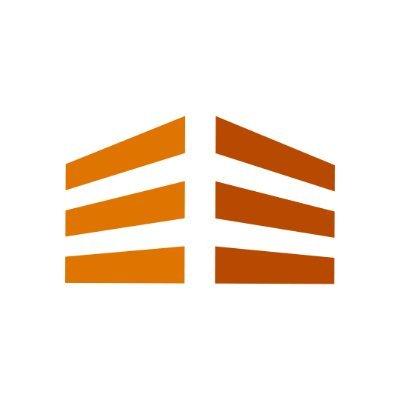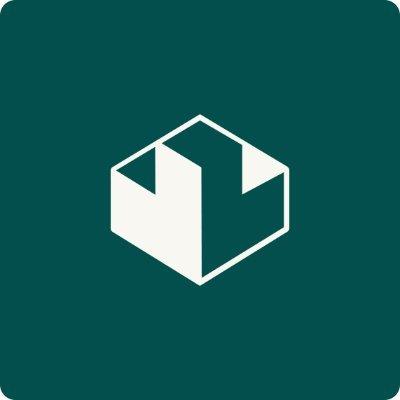Comparisons
Class
- Collectibles
- Residential Real Estate
- Commercial Real Estate
- Business
- Venture Capital
- Private Market
- Agricultural Real Estate
Type
- Art
- Wine
- Rental Property
- Operational Entity
- Startups
- Private Credit
- Portfolio of Assets
- Trading Cards
- Land
Form
Country
Invest
- $15,000
- $2,500
- $1,000
- $5
- $25,000
- $500
- $100
- $35,000
- $50
- $56,000
- $5,000
- $10
- $10,000
- $250
- $20
- $3,515
- $3,000
- $2
Investor
Liquidity
Risk
Volatility
Insurance
Regulation
Return
Timeframe
Management
Moneyflow
Fee
Tax
Comparisons
Class
- Collectibles
- Residential Real Estate
- Commercial Real Estate
- Business
- Venture Capital
- Private Market
- Agricultural Real Estate
Type
- Art
- Wine
- Rental Property
- Operational Entity
- Startups
- Private Credit
- Portfolio of Assets
- Trading Cards
- Land
Form
Country
Invest
- $15,000
- $2,500
- $1,000
- $5
- $25,000
- $500
- $100
- $35,000
- $50
- $56,000
- $5,000
- $10
- $10,000
- $250
- $20
- $3,515
- $3,000
- $2
Investor
Liquidity
Risk
Volatility
Insurance
Regulation
Return
Timeframe
Management
Moneyflow
Fee
Tax
Investments
$100
Concreit offers two investment options with different minimum investments. For the Cash Flow strategy, investors can start with a few thousand dollars and have the option to use auto-invest for gradual contributions. For Home Shares, the minimum investment is $100 per share.
Moderate Risk
3/5
Investing in Concreit involves significant risks, such as the potential for complete loss of capital, illiquidity of investments, and exposure to the volatile real estate market. Other risks include the platform's limited operating history and potential conflicts of interest.
Investments on Concreit are illiquid, with no guarantee of being able to exit through their redemption program.
Low Return
5.5 %
Concreit targets a 5.5% preferred annual return for investors, focusing on income through property value growth and rental income. Investors in Home Shares can potentially achieve an 8% to 14% annual return, combining equity appreciation and cash dividends from rental payments. While these returns are based on historical data and Concreit's strategic approach, actual future returns may vary due to market conditions and economic factors.
Long-term Investment
5-7 years
Concreit typically estimates a 5-7 year hold period for investments in Home Shares. While investments are long-term, Concreit's redemption program may allow for earlier withdrawal under certain conditions, providing some flexibility regarding the investment's time horizon.
Who can invest
United States
Concreit is open to US citizens or residents over 18, with no requirement to be an accredited investor.
Receive new reviews from Fintorial
Investments
$3,515
The minimum investment amount for Streitwise is $3,515, which is based on a Net Asset Value (NAV) of $7.03 per share.
Moderate Risk
3/5
Investing in Streitwise involves risks such as market fluctuations affecting real estate values, limited liquidity with a one-year lockout period and potential for delayed redemptions, discounts on early redemption reducing investment value, concentration in specific real estate markets, reliance on management's decision-making, regulatory changes impacting operations, and sensitivity to interest rate changes.
Streitwise's Redemption Plan offers investors a structured way to sell their shares back to the company, starting after a one-year lockout period. Redemption before five years involves a discount, with full NAV redemption available after five years.
Low Return
7.3 %
Streitwise has offered an average annualized dividend yield of 7.3% since 2020. Future dividends depend on factors like tenant quality and maintenance costs, and cannot be guaranteed.
Long-term Investment
5+ years
Streitwise targets long-term investments, ideally over five years, to avoid early redemption discounts and maximize returns. There's a one-year lockout period, emphasizing the long-term approach.
Who can invest
International
Streitwise is open to both accredited and non-accredited investors, including international participants, with some investment limits for non-accredited investors to ensure their financial safety. International investors can join with certain conditions and may face delays in processing.
Investments
$20
The minimum investment amount required on Ark7 is $20 per share.
Moderate Risk
3/5
Investing on Ark7 carries risks such as market volatility, property value fluctuations, economic impacts, and potential liquidity challenges in the secondary market.
Ark7 allows investors to sell their shares on a secondary market after a minimum holding period of one year, providing liquidity.
Low Return
3.22-6.96 %
Ark7 offers annualized cash return rates between 3.22% to 6.96%, or $0.1 to $0.58 per share, based on past performance or estimates for newer properties.
Long-term Investment
1+ year
Ark7 targets long-term investments in real estate for appreciation but allows selling shares after a minimum holding period for flexibility.
Who can invest
United States
Ark7 is open to U.S. citizens or residents over 18 with an SSN or ITIN and a U.S. bank account. Select offerings are for accredited investors only.
Investments
$10
Groundfloor enables individuals to begin investing in real estate with a minimal initial requirement of only $10.
Moderate Risk
3/5
Investing on Groundfloor involves credit risk from borrower default, market risk due to real estate market fluctuations, liquidity risk as investments are tied up until loan maturity without a secondary market for early exit, regulatory risk from changes in laws affecting real estate and crowdfunding, and platform risk related to operational disruptions or cybersecurity threats.
On Groundfloor, liquidity is tied to the term of the real estate loans, which range from 6 to 18 months. Investors' funds are committed until the loan matures and the borrower repays.
Moderate Return
10.72 %
Groundfloor's loans are graded from A to G, with interest rates ranging from 5.5% to 25.5% annually, based on risk. A diversified portfolio across all repaid loans to date would have earned a 10.72% annualized net return.
Short-term Investment
6+ months
Groundfloor investments have loan terms ranging from 6 to 18 months.
Who can invest
International
Groundfloor is accessible to investors both in the US and internationally. However, for non-US investors, a minimum transfer-in amount of $5,000 is required.
Receive new reviews from Fintorial
Investments
$100
The Roots Investment Community Fund allows investors to start with a minimum investment of $100.
Moderate Risk
3/5
Investing in the Roots Investment Community Fund carries risks including market fluctuations, economic changes, property-specific issues, and potential for financial loss.
Investors in the Roots Investment Community Fund can cash out after the first year, with liquidity options available quarterly for added flexibility.
High Return
16 %
Investors in the Roots Investment Community Fund can expect an annualized return of 16%.
Short-term Investment
1 year
The recommended investment period for the Roots Investment Community Fund is at least a year, but liquidity is offered quarterly for investors needing flexibility.
Who can invest
United States
The Roots Investment Community Fund is open to both non-accredited and accredited investors.
Investments
$5,000
The minimum investment amount on HoneyBricks typically starts at $5,000, although some specific projects may require higher minimums.
Moderate Risk
3/5
Investing in HoneyBricks involves various risks inherent to real estate and investment platforms, including market volatility, liquidity challenges, regulatory changes, operational uncertainties, economic fluctuations, and technology-related vulnerabilities.
HoneyBricks offers a Secondary Market for liquidity, allowing investors to buy and sell assets after a 12-month hold via SPVs and blockchain technology.
High Return
15 %
HoneyBricks targets over 15% annual returns and aims for a cash-on-cash return of over 5% from its real estate investments. These returns are projections based on conservative reviews and are derived from property appreciation and reliable cash flows from high-occupancy assets.
Long-term Investment
1-5 years
The investment time horizon on HoneyBricks is inherently long-term, with the expectation that investors may hold their investments for several years to fully realize the potential appreciation and sustained cash flows from multifamily real estate assets. While a secondary market exists to provide liquidity after a 12-month holding period, immediate or short-term exit opportunities may be limited.
Who can invest
International
HoneyBricks is available to accredited US investors and to non-US investors without accreditation requirements.
Investments
$100
Fundhomes sets its minimum investment threshold at $100, with shares available at $10.
Moderate Risk
3/5
Investing in Fundhomes carries risks such as potential loss of capital, market fluctuations, and regulatory changes affecting profitability. Investments are generally illiquid with a long-term exit strategy, and early withdrawal may result in penalties. A secondary market to improve liquidity is under consideration but not guaranteed.
Fundhomes offers liquidity options including automatic share sales when properties are sold (5-10 years), a secondary market for selling shares to other investors, and a buyback program, with potential early sale penalties within the first year.
Moderate Return
11.36 %
Investors in Fundhomes can expect cash dividends from rental income, projected at a hypothetical rate of 6.62% per year, and property appreciation, estimated at 4.74% per year, upon sale within 5-10 years. This totals a hypothetical annual return of 11.36%.
Long-term Investment
5-10 years
The investment time horizon at Fundhomes is typically 5 to 10 years, focusing on long-term gains from rental income and property appreciation.
Who can invest
United States
To invest in Fundhomes, one must be a U.S. Citizen or a resident of the U.S. with a valid Social Security Number.
Investments
$56,000
The minimum investment on Doorvest is a 25% down payment on a home, averaging $56,250 based on the average home price of $225,000.
Moderate Risk
3/5
Investing with Doorvest involves risks such as market volatility, economic changes, and property-specific issues. While the platform aims to manage these effectively, outcomes can be uncertain, and investors should carefully consider their risk tolerance and conduct due diligence before investing.
Doorvest allows investors to sell their homes back to the platform, requiring them to connect with a client partner for more information on the process.
High Return
18 %
Doorvest reports an average annual investment return of 18%, accounting for rental income, property appreciation, and mortgage leveraging.
Long-term Investment
5-30 years
Doorvest focuses on long-term investments in single-family rentals, generally suggesting a commitment of several years to decades, based on real estate appreciation and rental income.
Who can invest
United States
To invest with Doorvest, you need to be in the U.S. or able to sign documents at a U.S. Embassy.
Investments
$50
The minimum investment with Lofty is $50.
Moderate Risk
3/5
Investing with Lofty carries typical real estate investment risks, including market volatility, economic changes, and property management challenges. Additionally, the use of cryptocurrency and tokenization presents legal and regulatory uncertainties.
Lofty provides liquidity by allowing investors to list their property tokens for sale on the marketplace at any time, with a 2.5% transaction fee. Orders are held in escrow and have a 30-day expiration.
Low Return
5 %
Lofty offers a 5% cash on cash return, with token values updating monthly based on HouseCanary's Automated Valuation Model (AVM).
Short-term Investment
1 year
Investment time horizon on Lofty is not fixed and is determined by property owners' collective decision on when to sell through the governance system.
Who can invest
International
Investors from the US and abroad can invest with Lofty, excluding those from OFAC-sanctioned countries.
Investments
$100
Arrived allows for a minimum investment of $100 USD per property.
Moderate Risk
3/5
Investing in Arrived carries risks including market fluctuations, economic factors, and property-specific issues. There's also the potential for loss, and investments are generally illiquid, meaning they can't be easily sold or exchanged for cash quickly.
Arrived is designed for long-term investments with limited liquidity options. The Single Family Residential Fund offers share redemption after six months with restrictions. For individual properties, shares are held until the property is sold, typically after 5-7 or 5-15 years. A secondary market for shares is being considered but is not currently available.
Low Return
5.5-15 %
Arrived investors may earn returns through monthly rental income dividends and property value appreciation upon sale, with historical annual return estimates ranging from 5.5% to 15%, depending on the property type and use of leverage.
Long-term Investment
5-15 years
Arrived targets a 5-7 year hold period for Single-Family Residentials and a 5-15 year hold period for Vacation Rentals, emphasizing a long-term investment horizon.
Who can invest
United States
U.S. citizens or residents who are at least 18 years old can invest with Arrived, and accreditation as an investor is not necessary.
Investments
$500
DiversyFund's minimum investment amounts differ by investment type. It's $500 for Growth REITs targeting multifamily properties. For accredited investors, Premier Direct SPVs require a $50,000 minimum, while the Premier Opportunity Fund has a $25,000 minimum.
Moderate Risk
3/5
Investing in DiversyFund carries risks such as market changes, economic factors, and specific property risks, and there's always the potential for loss, including the initial investment.
DiversyFund investments are illiquid, with capital committed for approximately 5 to 7 years. There is no secondary market or immediate option for investors to sell their shares prior to the end of the investment term.
Moderate Return
11-18 %
DiversyFund has historically reported annual returns between 11% and 18%, but future returns can vary and are not guaranteed.
Long-term Investment
5-7 years
DiversyFund's REIT I has an investment term of 5-7 years, and the company is using the full term to maximize property values before sale and subsequent investor disbursements.
Who can invest
United States
DiversyFund's Growth Offerings are accessible to all investors, while its Premier Offerings are restricted to accredited investors only.
Invest in individual commercial real estate properties or REITs
Investments
$25,000
The minimum investment on RealtyMogul typically ranges from $25,000 to $35,000, depending on the specific investment offering.
Moderate Risk
3/5
Investing through RealtyMogul entails risks like market volatility, economic shifts, and property-specific issues. Investments are illiquid and there's potential for loss of capital.
Investments through RealtyMogul are illiquid, as they are private real estate transactions not traded on public exchanges, and therefore cannot be easily sold or traded. Investors should have a long-term commitment and not expect to resell quickly.
High Return
15.0 %
Investors on RealtyMogul can expect an overall realized IRR of 20.8% and an overall target IRR of 15.0%. Cash-on-cash returns, IRR, and equity multiples are key metrics provided for each deal.
Long-term Investment
3-10 years
Investments on RealtyMogul generally have a hold period ranging from 3 to 10 years, depending on the individual property's business plan and associated financing.
Who can invest
United States
RealtyMogul allows both accredited and non-accredited investors to use its platform. However, only accredited investors can participate in private placement offerings, while both categories of investors may invest in RealtyMogul's managed REITs, subject to certain legal limitations.
Investments
$25,000
Minimum investment amounts on CrowdStreet start at $25,000, with the exact threshold varying by individual project.
Moderate Risk
3/5
Investing via CrowdStreet entails typical real estate risks such as market fluctuations and property-specific issues, with no guarantee of returns and potential for capital loss.
CrowdStreet investments are generally illiquid, with capital committed for several years until a potential liquidity event, such as a property sale or refinancing, without a secondary market for early exit.
High Return
17.9 %
CrowdStreet has a historical 17.9% Realized IRR and a typical 3.1-year hold period for investments, with returns varying based on equity shares, debt interest, or hybrid terms, and property sales.
Long-term Investment
3-10 years
CrowdStreet investments typically have a hold period of 3.1 years on average, with some ranging from 3-5 years and others up to 10 years, reflecting a long-term investment horizon.
Who can invest
United States
Individuals must be accredited U.S. residents with valid identification to invest on CrowdStreet, while entities need U.S. accreditation, taxation, and verification, subject to CrowdStreet's approval.
Investments
$5
Landa's minimum share investment is $5, with personal buy limits set at 10% of income/net worth per property, no limits for entities, and weekly deposits capped at $100,000.
Moderate Risk
3/5
Investing in Landa carries risks such as market volatility and potential loss of investment. Despite Landa's measures to legally separate each property series to protect investors' assets, there's no absolute guarantee in bankruptcy scenarios.
Landa offers share liquidity through its trading platform, with market hours set from 9:30 am to 5:00 pm EST and a 2% trade fee. Share pricing is flexible, but an active buyer market is not guaranteed.
Low Return
5.0 %
Landa offers returns through rental income distributions and potential property value appreciation, with additional tax benefits. Returns are influenced by property location, type, and market conditions, shaping overall investment performance.
Long-term Investment
10+ years
Landa focuses on long-term property investment, with the potential for indefinite holding periods due to market liquidity or property performance.
Who can invest
United States
U.S. residents over 18 with an SSN can invest with Landa, excluding non-U.S. residents and those in Puerto Rico.
